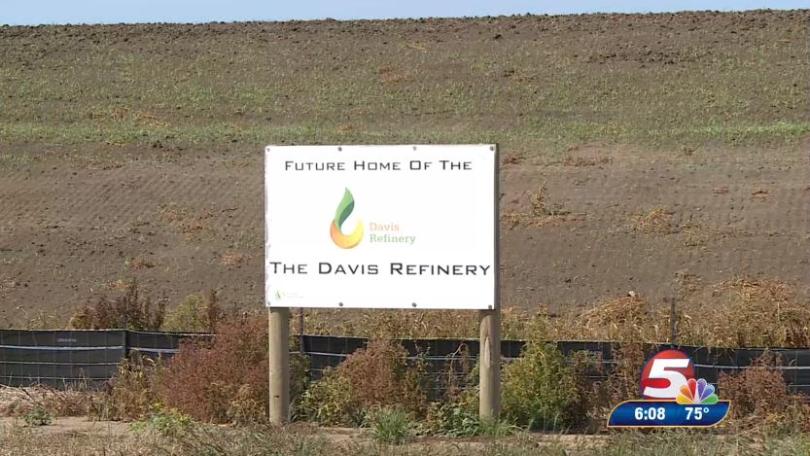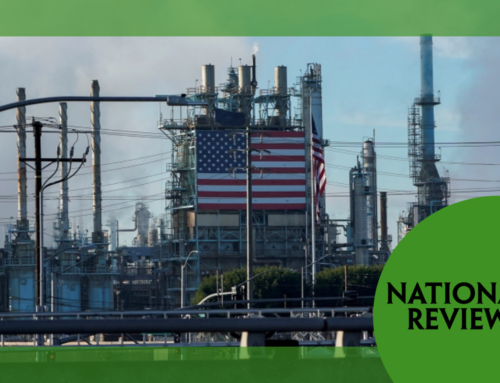The timeline of the refinery near Theodore Roosevelt National Park is in the hands of the State Supreme Court. Environmental groups have filed two cases against the project.
The case boils down to whether the Davis Refinery project should be treated as a major or minor polluter and how does the agency ensure they comply with those regulations?
Whatever the court’s decision, the company behind the project wants the project going as early as next spring.
Meridian Energy Group’s proposed refinery near Theodore Roosevelt National Park continues to face legal challenges from environmental groups. Tuesday’s hearing challenged the project’s emissions standards.
“We wanna make sure that the national park is protected and the communities and people who live around it are protected and the people who visit are protected. That requires we have a number that is enforceable and is monitored,” said Betsy Buffington, National Parks Conservation Association Regional Director.
Opponents laid out two main arguments- One, the permit shouldn’t be valid since the Department of Environmental Quality didn’t list an emission limit for Hazardous air pollutants. Two, the department didn’t address public comments concerning the project.
In defense, DEQ says it doesn’t need to list a number since its emission estimate is less than half of the federal maximum. But, there would still be eyes on the project.
“As it relates to our oversight, they’re required to send in monitoring reports. Those are typically on a monthly basis. Then we follow up with routine inspections typically twice a year. It can be more frequent,” said David Glatt, NDDEQ Director. Glatt added he stands by issuing the permit, saying the department spent two years dotting “i’s” and crossing “t’s”
Meridian CEO Bill Prentice says it’s a mystery why environmental groups wouldn’t get behind his project. When talking about oversight, Prentice used a highway analogy to drive home his point.
“This project, it’s like having a car with a monitor on the speedometer that radios your speed to the Highway Patrol office every five seconds,” said Prentice.
This case was one of two the project is facing. Neither would stop the project if the court rules against Meridian. The next case is November 12. It centers around whether the Public Service Commission should have intervened in reviewing the project due to past statements from Meridian.







Leave A Comment